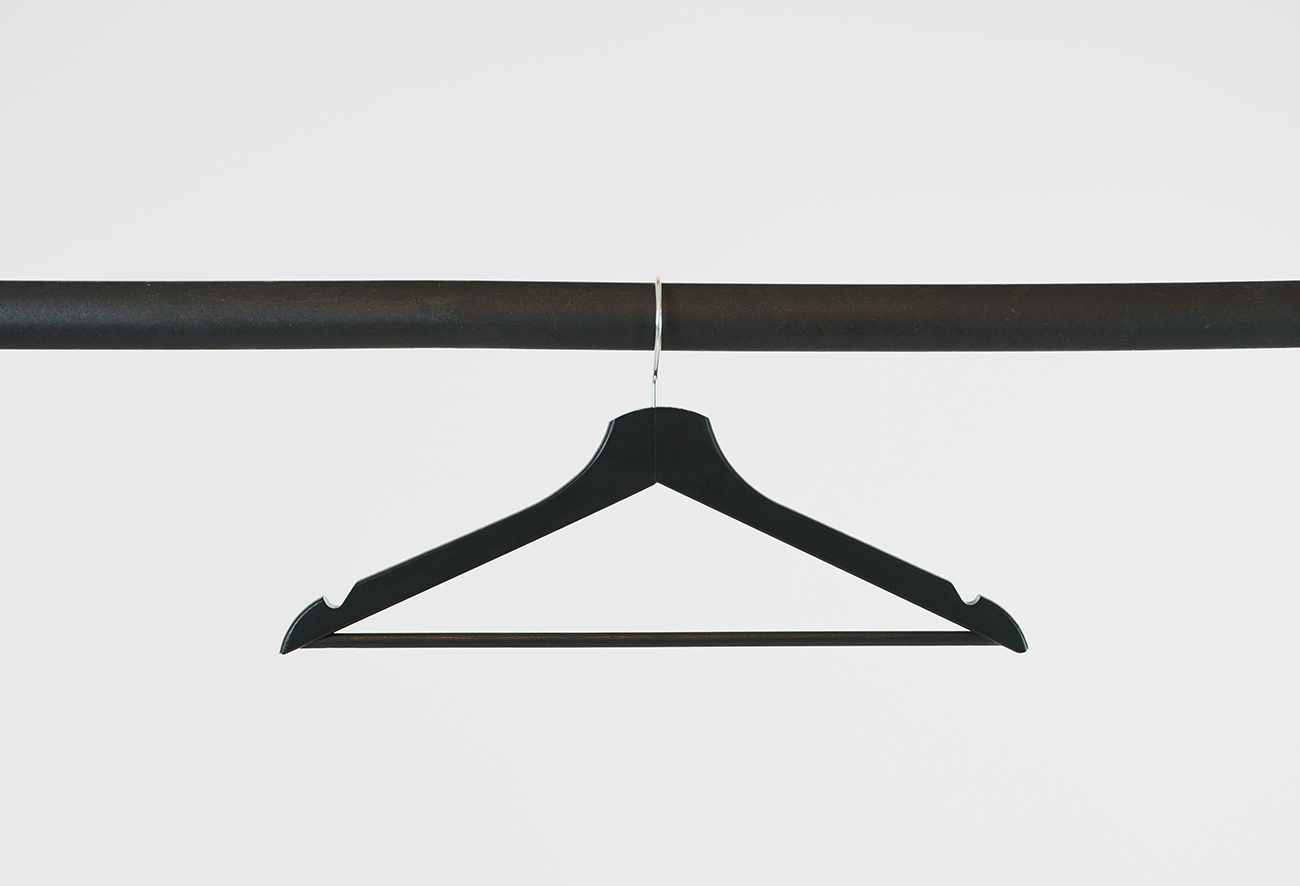The Importance of Decluttering the Mind: Techniques for a Clean and Focused Mental Space
Understanding the Importance of Mental Clarity
In a world inundated with information, decluttering the mind has become increasingly essential. Overwhelmed by constant notifications from smartphones, emails, and social media updates, many individuals struggle to maintain focus and clarity. This mental overload can lead to heightened levels of stress and anxiety, ultimately diminishing overall productivity and well-being.
Recognizing the signs of a cluttered mind is the first step toward reclaiming your mental space. For instance, many people grapple with:
- Difficulty concentrating on tasks, often leading to unfinished projects.
- Excessive worry over small issues that, when looked at rationally, may seem trivial or insignificant.
- Feeling mentally fatigued, which can manifest as irritability or a lack of motivation.
These indicators suggest that your cognitive resources are stretched too thinly, requiring immediate attention and a well-structured approach to restore balance.
Decluttering Techniques to Enhance Mental Clarity
By implementing effective decluttering techniques, you can improve mental clarity and boost your overall mental well-being. Below are some proven methods that may be beneficial:
- Mindfulness meditation: This practice involves focusing your mind and eliminating distractions. Even as little as ten minutes a day can help cultivate a sense of calmness and improve your ability to concentrate.
- Journaling your thoughts: Writing down your thoughts can serve as a powerful tool for clearing your mind. By expressing your innermost feelings, you can gain clarity and perspective, helping you to identify recurring worries or negative patterns.
- Digital detox periods: Setting aside specific times to unplug from digital devices can significantly reduce mental clutter. Whether it’s a few hours each evening or a full day each week, disconnecting from technology allows your brain to recharge and fosters deeper connections with the physical world around you.
Each of these techniques offers unique benefits that contribute to a clean and focused mental space. Incorporating one or more into your daily routine can significantly reduce stress and enhance cognitive functioning. Furthermore, as you venture on this journey toward mental clarity, consider exploring additional resources such as guided meditation apps or local journaling workshops to supplement your practice.

Are you curious about how to seamlessly incorporate these strategies into your everyday life? Read on to discover deeper insights, practical tips, and testimonials from others who have embraced these techniques to improve their mental clarity and overall quality of life.
DIVE DEEPER: Click here to unlock your productivity potential
Implementing Effective Decluttering Strategies
To achieve mental clarity, it is essential to adopt effective decluttering strategies that resonate with your lifestyle and preferences. The journey to a clean and focused mental space does not require a one-size-fits-all approach; rather, success is often found in personalizing techniques to suit individual needs. Below, we explore a variety of methods that can be seamlessly integrated into daily routines to cultivate a healthier mental environment.
Mindfulness Meditation
One of the most powerful techniques for decluttering the mind is mindfulness meditation. This practice encourages individuals to focus on the present moment, actively observing their thoughts without judgment. Research indicates that just ten minutes of mindfulness meditation each day can significantly reduce stress levels and enhance concentration. By training the mind to acknowledge and release distractions, practitioners often report a more profound sense of calm and clarity in their day-to-day activities.
Journaling Your Thoughts
Journaling has emerged as another effective tool for mental decluttering. The act of putting pen to paper can facilitate emotional expression and cognitive processing. When individuals write about their thoughts and feelings, they often uncover insights about worries or issues that have been occupying mental space. This practice can be particularly useful for identifying patterns in your thinking that contribute to stress or confusion. Additionally, journaling enhances self-awareness, enabling you to move toward a more organized and intentional mindset.
Digital Detox Periods
In an era dominated by technology, a digital detox is crucial for maintaining mental clarity. Constant notifications and social media scrolls create a barrage of information that can overwhelm our cognitive capacities. By designating specific times to unplug from digital devices, individuals can create mental breathing room that fosters creativity, deeper thinking, and genuine connections with the physical world. Whether it is a few hours each evening or a full day each week, disconnecting from technology can rejuvenate the mind and improve overall well-being.
Incorporating It into Daily Routine
Integrating these techniques into your everyday life doesn’t have to be overwhelming. Here are a few tips to make it easier:
- Set Realistic Goals: Start with short meditation sessions or a few minutes of journaling each day.
- Designate a Quiet Space: Find a comfortable spot in your home where you can practice mindfulness or write without distractions.
- Create a Technology Schedule: Establish clear rules around when to use devices and when to disconnect.
By implementing these strategies, you are taking vital steps toward cultivating a clean and focused mental space. The benefits of decluttering the mind extend beyond just improved concentration; they often lead to a more fulfilling and balanced life. Continued exploration of these techniques can illuminate paths toward enhanced mental well-being, paving the way for a more serene existence.
The Importance of Decluttering the Mind: Techniques for a Clean and Focused Mental Space
Continuing on our exploration of mental decluttering, it’s essential to highlight several effective techniques that can facilitate a more focused and serene mental state. By adopting these strategies, individuals can significantly enhance their productivity and emotional well-being.
| Category | Description |
|---|---|
| Mindfulness Meditation | This practice encourages focusing on the present moment, reducing overwhelming thoughts and distractions. |
| Journaling | Putting pen to paper can organize thoughts, clarify emotions, and provide a mental “spring cleaning” for clarity. |
These techniques serve as robust tools for mental decluttering. Mindfulness meditation helps ground individuals in the present, paving the way for a tranquil mind free from the chaos of incessant thoughts. On the other hand, journaling acts as a cognitive release, enabling one to confront and articulate thoughts that may otherwise swirl aimlessly in the mind. Embracing these practices consistently can foster a more organized mental landscape, ultimately leading to improved focus and clarity.
Moreover, incorporating regular breaks into one’s routine also plays a critical role. The human brain is not designed for prolonged periods of concentration. Small intervals of rest can rejuvenate mental energy, enhancing productivity. Practices such as taking short walks, engaging in light exercise, or simply stepping away from technology allow the brain to reset.
Finally, a cluttered physical environment can often translate to a cluttered mind. Therefore, keeping one’s workspace tidy, removing unnecessary items, and organizing resources can further aid in achieving a peaceful mental space. By addressing both the mental and physical elements of decluttering, individuals cultivate an environment conducive to focus and creativity.
DISCOVER MORE: Click here to dive deeper
Exploring Additional Techniques for Mental Clarity
While mindfulness meditation, journaling, and digital detoxes offer substantial benefits, there are numerous other techniques to explore that can further aid in decluttering the mind. By diversifying your approach, you can discover which methods resonate most with you, ultimately creating a personalized toolkit for maintaining a clean and focused mental space.
Visualization Practices
Visualization is a powerful technique that involves creating mental images to achieve specific outcomes. This method can be particularly effective for reducing anxiety and enhancing focus. By envisioning a serene space or picturing your goals as already achieved, you can shift your mindset toward positivity and clarity. Studies suggest that athletes often use visualization to enhance performance, and the same principle can apply to everyday life. Regularly practicing visualization can train your mind to let go of distractions and cultivate a sense of control over your mental environment.
Physical Exercise
Engaging in regular physical exercise is not only beneficial for the body but also vital for mental health. Exercise releases endorphins, which improve mood and reduce stress. Activities such as yoga combine physical movement with mindfulness, further enhancing mental clarity. A 2018 study published in the Journal of Clinical Psychiatry found that even short bursts of physical activity can significantly boost cognitive function and reduce feelings of overwhelm. By making exercise a consistent part of your routine, you can effectively declutter your mind and improve your overall sense of well-being.
Nature Walks and Time Outdoors
Spending time in nature has been shown to have profound effects on mental health. Nature walks allow individuals to step away from the chaos of daily life, providing a much-needed environment that fosters peace and reflection. The natural surroundings encourage mindfulness in a different context, redirecting your focus to the present moment. Research has indicated that just a 20-minute walk in a park can lower cortisol levels, contributing to stress reduction and improved mood. Embracing nature as part of your mental decluttering journey can serve as a refreshing escape from daily worries.
Practicing Gratitude
Gratitude practices have the potential to transform your mental landscape. Keeping a gratitude journal, where you list things you are thankful for, can shift your focus from what’s worrying you to what’s positive in your life. Studies have shown that individuals who regularly practice gratitude report increased happiness and reduced feelings of anxiety. By intentionally reflecting on your sources of joy or stability, you can effectively declutter the mind and create a greater sense of purpose.
Connecting with Supportive Communities
Additionally, engaging with supportive communities can provide a sense of belonging and understanding, essential components for mental well-being. Conversations with friends or support groups can help you process thoughts and emotions that may be cluttering your mind. Sharing experiences often lightens mental burdens and fosters a shared sense of clarity. When you surround yourself with people who prioritize mental health, you cultivate an environment that promotes personal growth and a clearer mindset.
As you navigate through these techniques, remember that the key to a clean mental space lies in experimentation and consistency. By integrating different practices into your daily life, you can gradually dismantle the mental clutter and create a more focused, serene existence. Whether it’s incorporating visualization, exercising regularly, or expressing gratitude, each small change can contribute significantly to a healthier mental environment.
DIVE DEEPER: Click here to discover how minimalist design can revolutionize your space
Conclusion: Cultivating a Clearer Mind for Enhanced Well-being
In our fast-paced world, the significance of decluttering the mind cannot be overstated. By embracing various techniques such as visualization, physical exercise, spending time in nature, practicing gratitude, and connecting with supportive communities, individuals can cultivate a cleaner and more focused mental space. Each of these strategies offers unique pathways to mental clarity, allowing you to sift through the noise of daily life and identify what truly matters.
As you experiment with these methods, remember that mental decluttering is an ongoing journey rather than a destination. Consistency is key, and the practice of incorporating small changes into your routine can yield significant benefits over time. Whether it’s dedicating a few moments to mindfulness, journaling your thoughts, or simply enjoying a peaceful walk in the park, these practices can serve as vital tools in fortifying your mental well-being.
Furthermore, understanding that mental health is a collective endeavor underscores the importance of community. Engaging with others fosters connection and provides a platform for sharing experiences that can lighten burdens. Together, we can create environments that promote mental clarity, resilience, and a shared commitment to well-being.
Ultimately, investing in your mental space can lead to enhanced productivity, improved emotional health, and a deeper appreciation for the present moment. As you explore these techniques for a clean and focused mental space, consider it your own personal toolkit for navigating life’s complexities, paving the way towards a brighter and more intentional existence.


